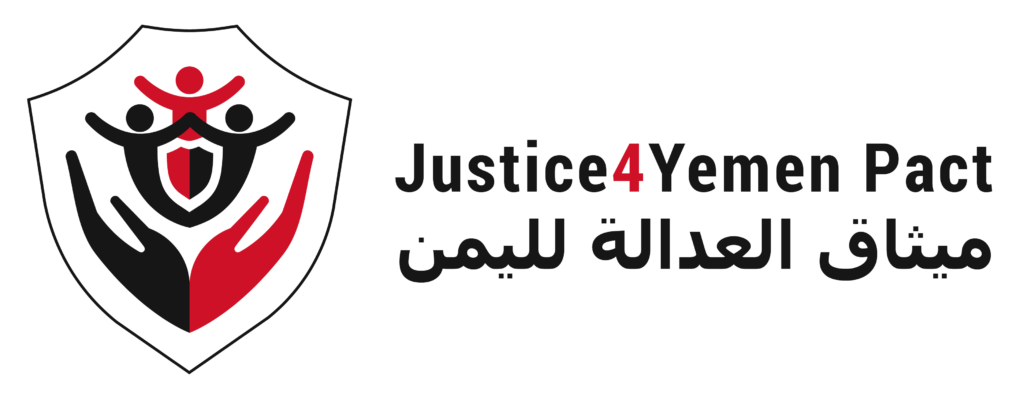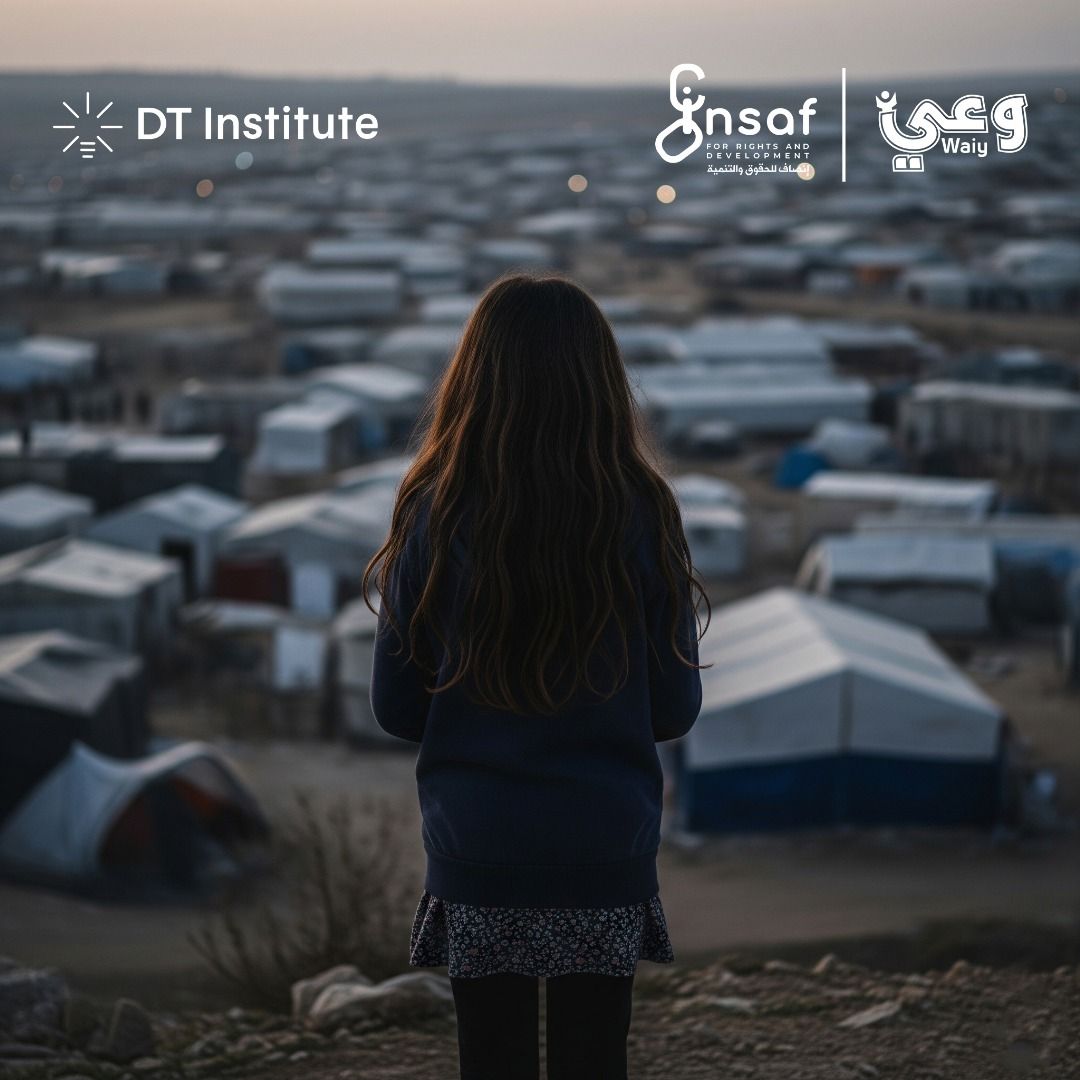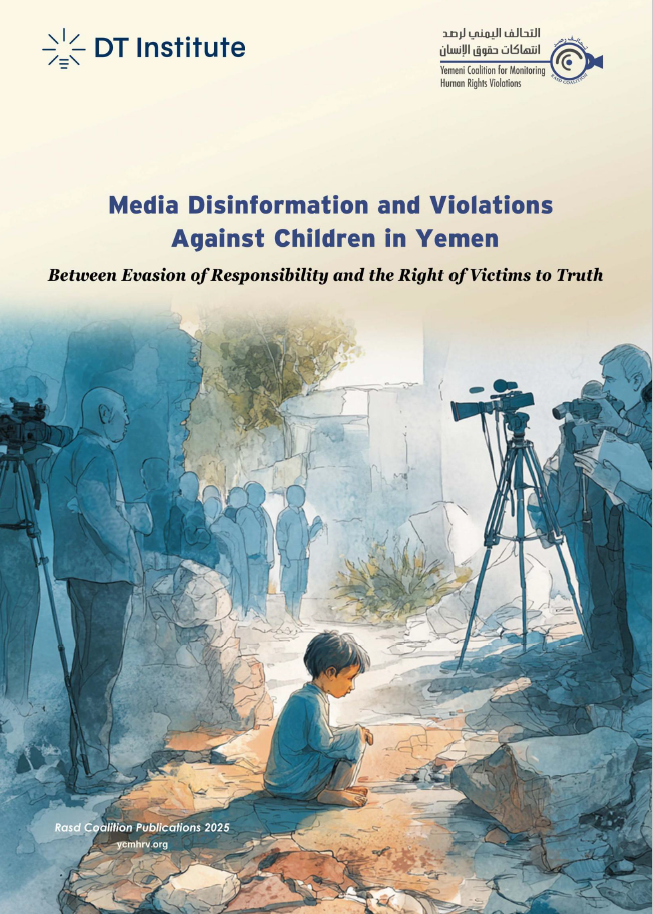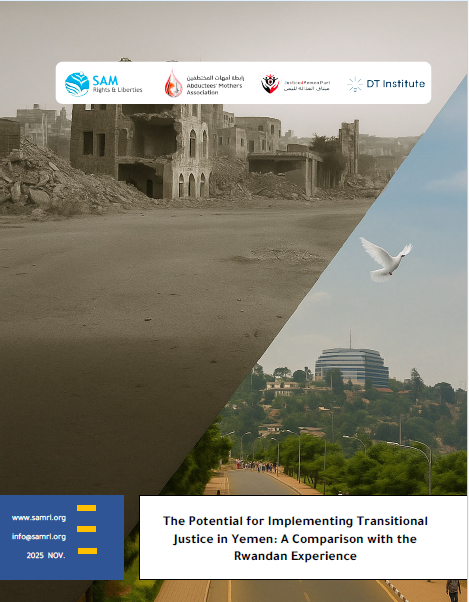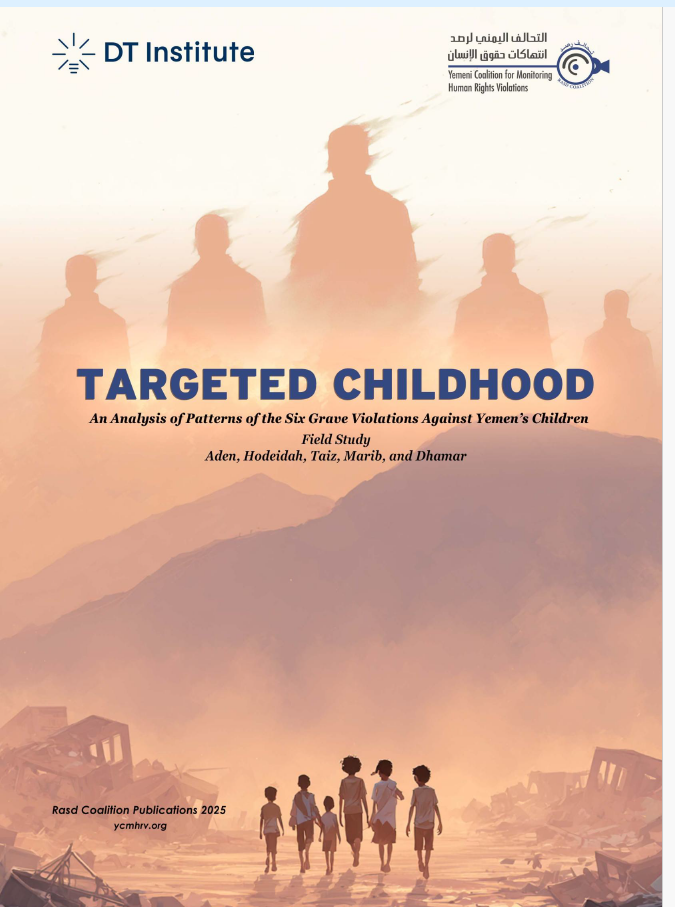In Camp No. 1 in the city of Al-Shaab lives Salwa Ali (a pseudonym), a 14-year-old girl displaced from Al-Hodeidah. Between the fragile walls of a tent that protects neither from hunger nor the dangers of the streets, Salwa prepares herself each morning and returns in the evening—not from school, but from Al-Bairaq Mall where she begs for scraps to feed a family worn down by displacement and crushed by poverty.
A Child Sleeping in the Arms of Danger
Salwa is the middle child among her seven siblings, but when it comes to pain, she leads them all.
That day was unlike any other. Salwa stopped a small “Foxy” minibus near the mall, hoping to reach the Sheikh Othman district where her sister was waiting to return together to the camp.
Another girl briefly boarded the bus, then got off quickly—then everything changed.
The man sitting next to the driver leapt toward the back, began violently beating Salwa, and forced her to drink alcohol—or possibly another substance—under threats and terror until she lost consciousness.
The van drove to a remote area behind the solar power station in Bir Ahmed, Al-Burayqah district.
There, the crime unfolded on a body unconscious and a soul not yet awake.
A Coincidence Saved Her… But the Scars Remain
A report of the abduction of two Saudi girls prompted the deployment of security patrols. By coincidence, officers from the Security Belt Forces noticed suspicious behavior by a man near an abandoned site.
As they approached, they found Salwa—naked, unconscious, surrounded by perpetrators lost in drunkenness and sin.
She was transferred to a forensic medical examiner, and the examination confirmed a brutal and explicit assault.
The Price of Silence… Can It Be Bought?
In a painful twist, powerful figures have pressured Salwa’s father to withdraw the case and keep it from reaching court.
Tempted by money or perhaps fearing social disgrace, he seemed inclined to accept—a new life in exchange for his daughter’s pain.
But Salwa, despite her physical frailty and psychological scars, said no.
She told the prosecutor: “I want justice.”
She refused to sell her story. She refused to let this crime pass unnoticed like clouds over their tent.
To this day, the case remains in the prosecutor’s office and has not yet reached the court. In a country burdened by ongoing conflict, justice moves slowly, often stalled by power and wealth that weakens the will.
A Voice That Must Not Be Whispered
Salwa is not just a victim. She is a living testament to the betrayal of displaced children—betrayed by a silent society and a complicit system that allowed such cruelty to thrive.
Despite everything, she wanted to raise her voice—not only to seek justice but to ensure no other child suffers the same fate.
International Law: Defending Childhood Is Non-Negotiable
According to the Convention on the Rights of the Child, Salwa, as a displaced minor, has the right to protection from all forms of violence and sexual exploitation under Article (34).
The UN Guidelines on Justice in Matters involving Child Victims and Witnesses of Crime clearly state that material compensation must not replace justice.
National law remains the key to Salwa’s case. Therefore, it is crucial for local civil society organizations and human rights activists to mobilize and turn this case into a matter of public concern, pressuring the authorities to enforce the law.
Yet, this movement could be hindered by Salwa’s family, fearing social stigma, tribal backlash, or other consequences that may drag the family into the unknown.
Article (39) of the same Convention obligates state parties to take all appropriate measures to promote the physical and psychological recovery and social reintegration of any child victim.
Salwa participated in group psychosocial support sessions implemented by Insaf Center, which have helped alleviate some of the trauma and reduce the risks she might face in the future.
No to Selling Childhood
As we recount Salwa’s story, we are not merely sharing one girl’s tragedy—we are raising the voice of an entire community.
A community that must confront the cruelty that violates both religious values and social norms without fear.
And one that must stop selling childhood under the weight of poverty or the illusion of shame.

